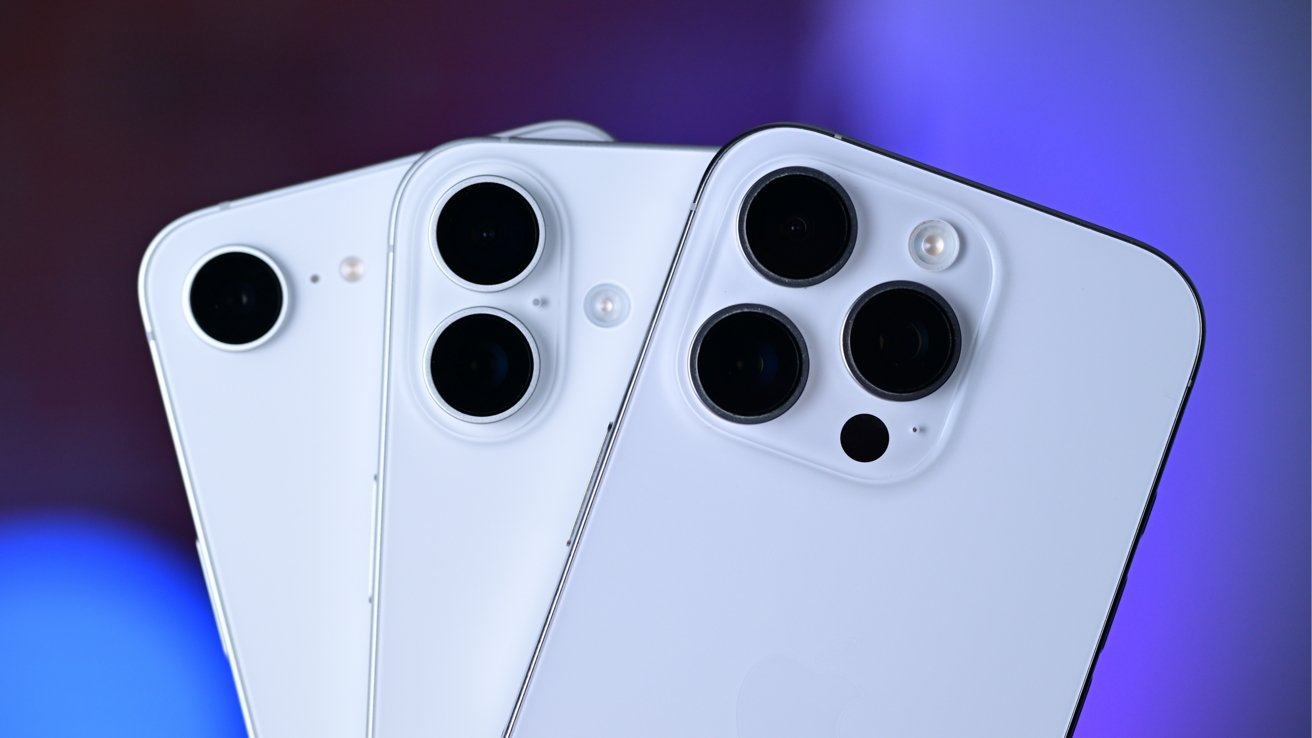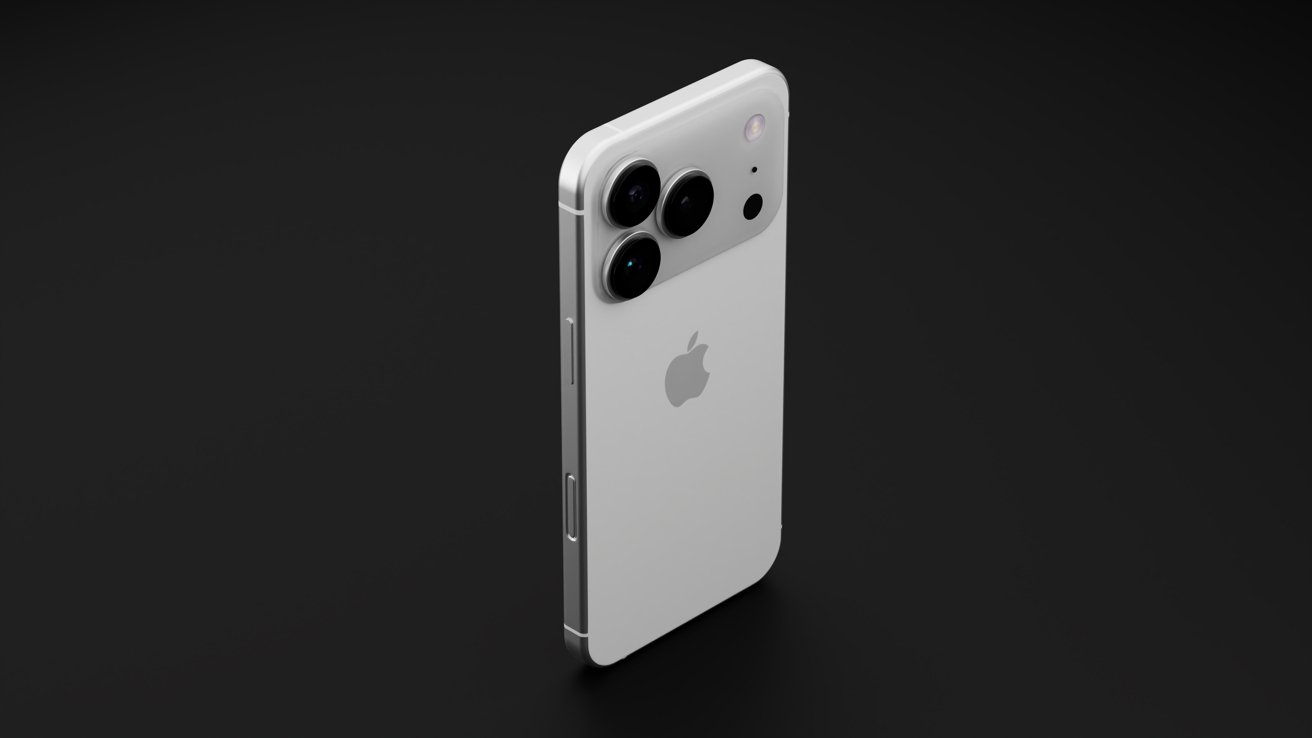Over 150% China tariff rate delayed by 90 days, 30% still in effect for iPhone season
Monday's tariff pause just in time for the iPhone 17 launch means Apple's import tariffs from China will only be ten times more than they were in March, instead of 50 times.

Apple will continue to pay extreme tariffs in China
Apple shared that if nothing changed as of July 31, it would incur another $1.1 billion in tariff costs for fiscal Q4. It seems that Apple has dodged a bullet as President Trump revealed he will delay increasing tariffs on China, yet again.
The pause was revealed just hours before the previous 90-day pause was set to end. According to CNBC, President Trump signed an executive order that pushes the deadline back another 90 days to mid-November.
The ongoing tariff war has created confusion and uncertainty for United States companies. Each escalation drives up costs, then usually within days, a sudden de-escalation and delay in enforcement causes a ripple effect.
Businesses are struggling to figure out how to navigate tariffs. And the many, constantly shifting goals of the tariffs just cause more confusion.
China tariffs still a problem for Apple
Companies like Apple cannot bring full production of its products back to the United States on any reasonable timescale, not even final assembly. So, Apple rearranged its supply chain so that a majority of iPhones shipped to the United States came from India.
Even with that shift, which has helped Apple reduce the overall damage caused by the tariffs, Apple still took an $800 million hit in fiscal Q3. Apple CEO Tim Cook says Apple expects to take a $1.1 billion hit in fiscal Q4 if policy didn't change.
"Keep in mind that the vast majority of our products are covered under the Section 232 investigation," Cook said during the earnings call. "Last quarter, the bulk of the tariffs that we paid were the [International Emergency Economic Powers Act] tariffs that hit early in the year related to China."
That Section 232 investigation Cook referenced is one brought on after Trump granted Apple exemptions from the Liberation Day tariffs announced on April 2. To ensure Trump didn't appear to be waffling on his policy, he announced that Apple's exemptions were actually a result of a semiconductor investigation, which was officially announced later.

Expect price changes across iPhone 17's lineup
Even with those exemptions and a shift to India, Apple isn't immune from the tariffs. Apple seemingly narrowly avoided billions in tariff costs so far, but Trump's renewed attention on China could have had an even greater effect.
President Trump did what was widely expected as he backed off more extreme tariffs that would raise their value to 50 times what Apple was paying before Trump took office. Now, they'll have to continue to contend with the 30% tariffs and pay 10 times more than what they paid pre-Trump.
That math is based on Apple having paid less than 3% to import from China in the days before the April tariff bonanza. More extreme tariffs will be explored yet again in November if trade negotiations continue to make zero headway.
That 30% value is what Apple based the $1.1 billion in costs for the fourth fiscal quarter on, that it announced during the July 31 earnings reveal. It is expected that Apple will pass these costs to the customer as it raises iPhone prices globally in the fall.
It's not clear what product mix will come from India, and what from China. In the iPhone 16 release season, the Pro models generally shipped direct to the consumer from China for early orders, and the non-Pro were imported from India.
Apple is facing at least 25% import tariffs from India, and that may escalate. After Trump's application of another 25% on top of the initial section 232 tariff application because of the purchase of Russian oil, India does not appear that interested in a deal.
Sources vary on if Apple has to pay a 50% import tariff from India, or a 25% one.
Read on AppleInsider

Comments
Yet further proof that tariff wars are stupid and counterproductive, particularly when waged by a deeply stupid and counterproductive POTUS.
so much for the emergency.